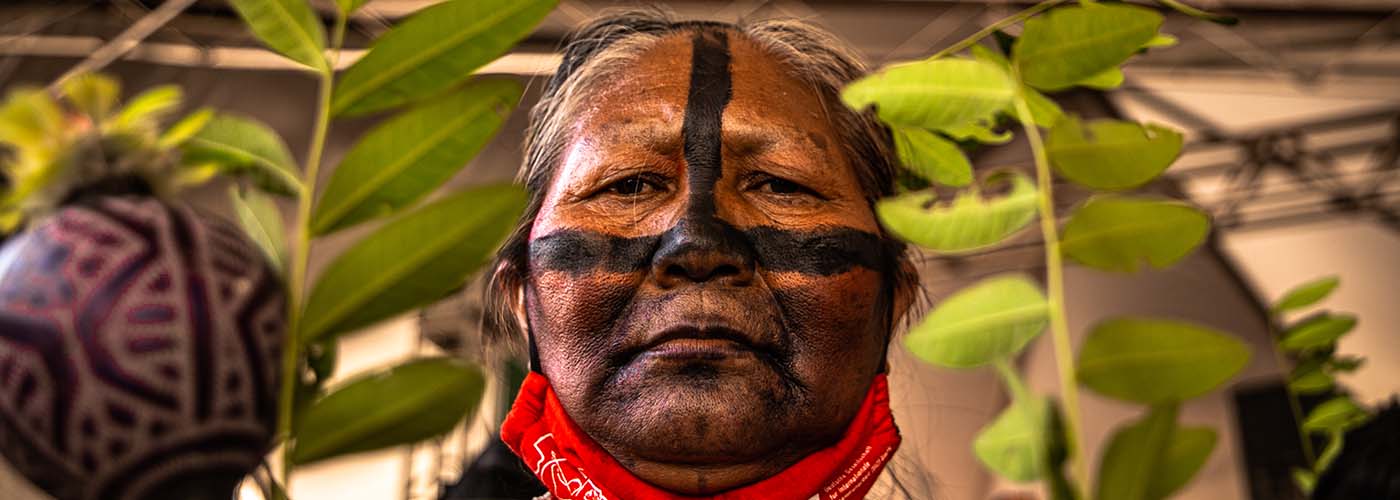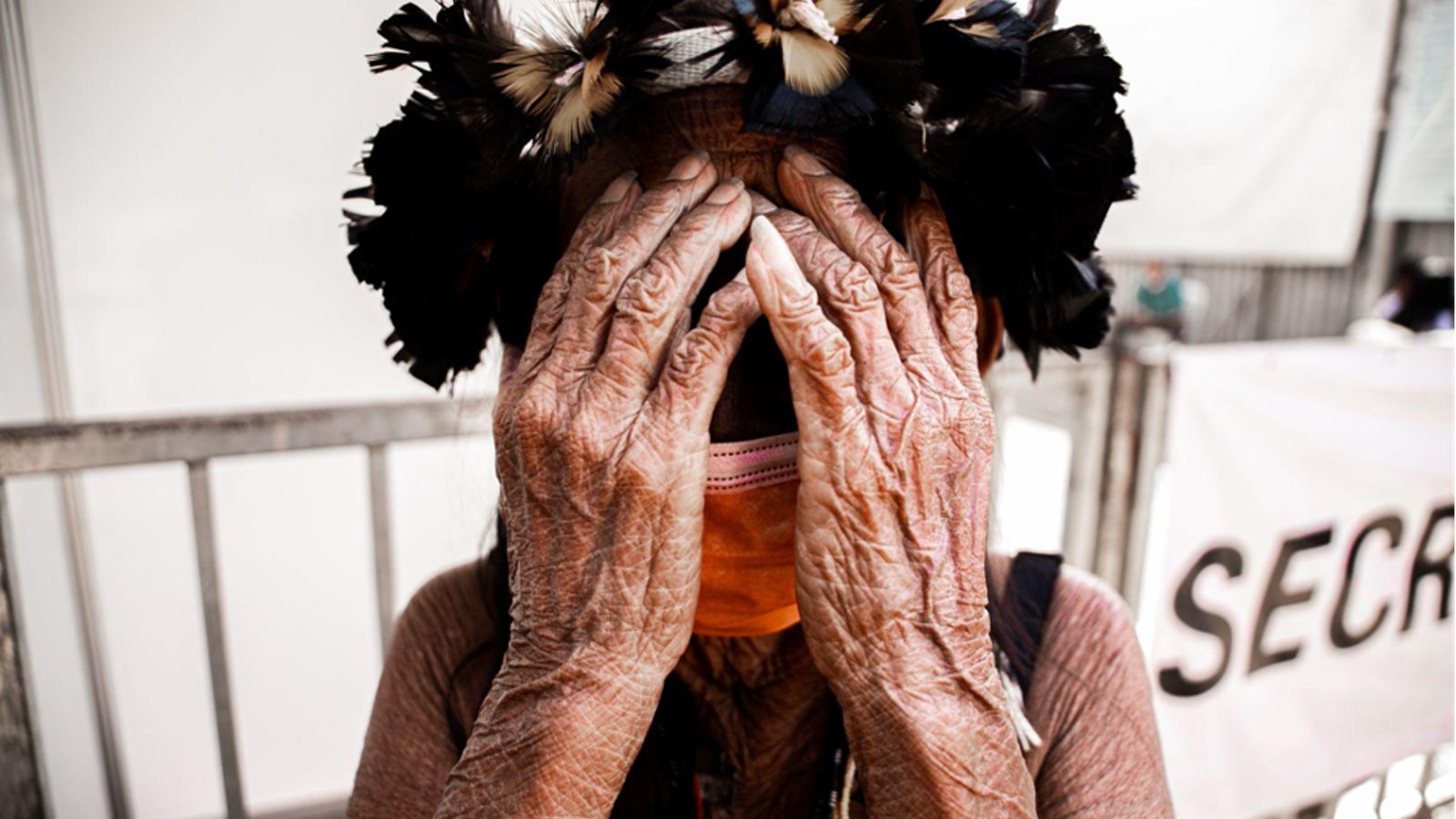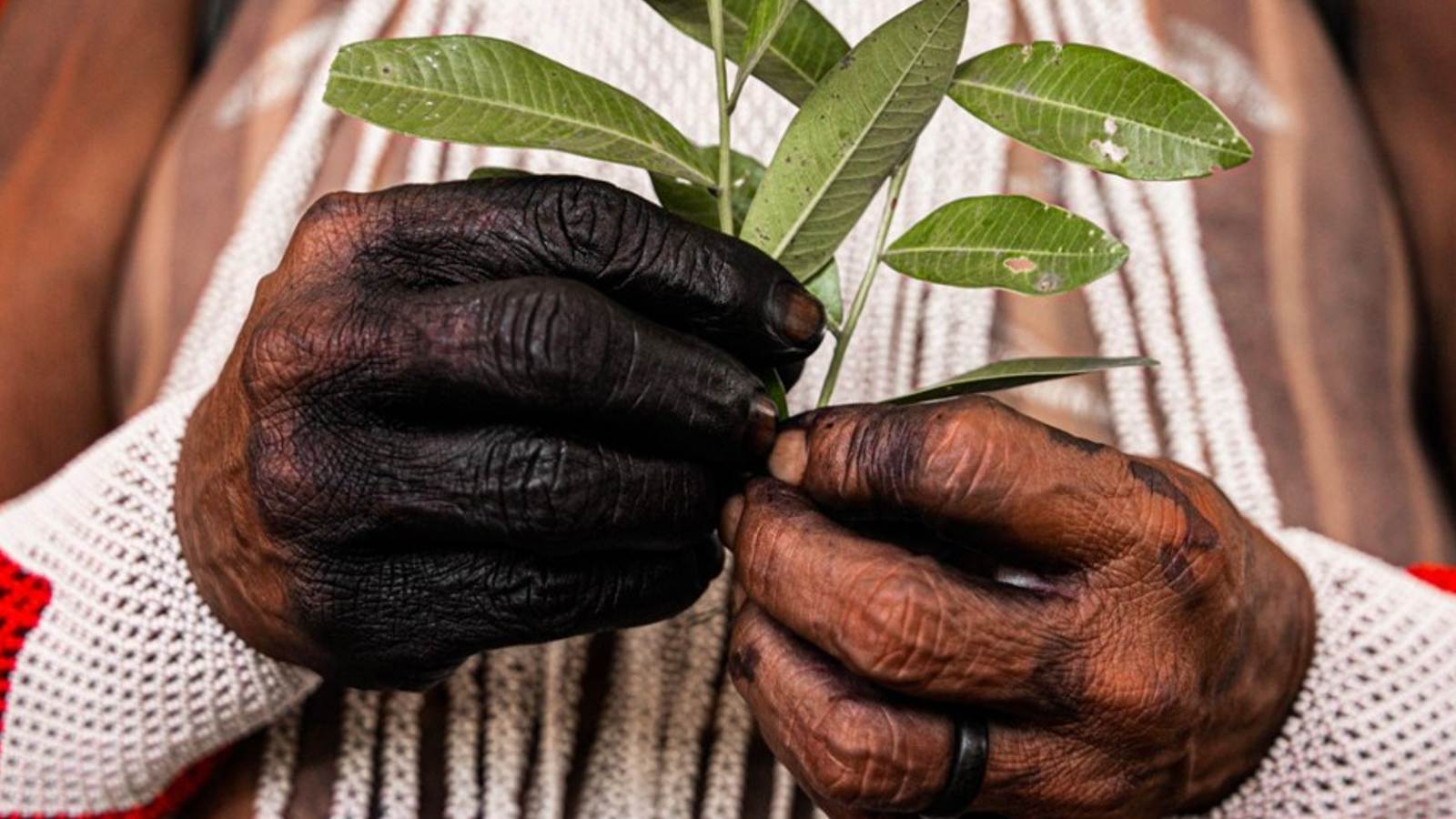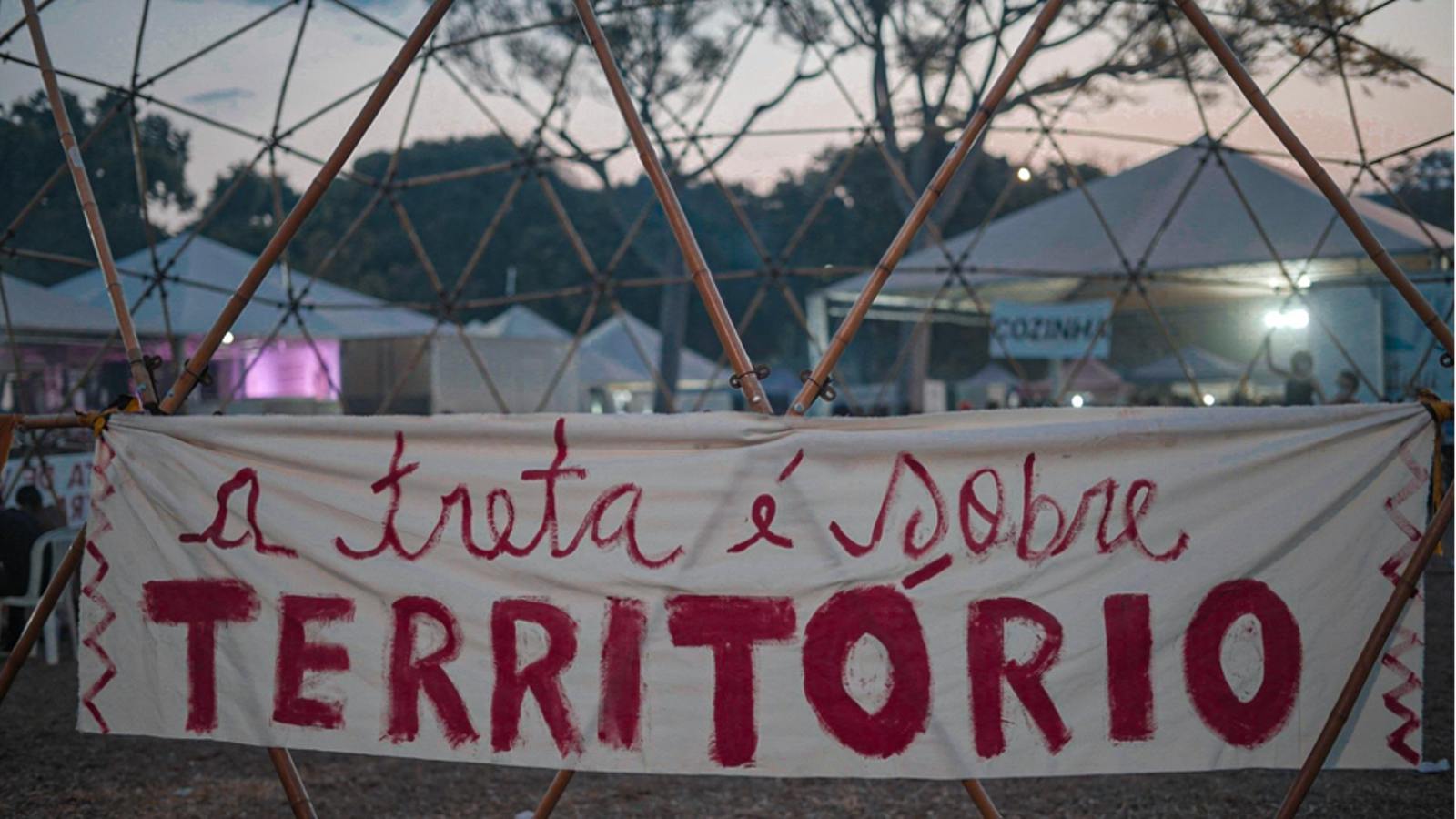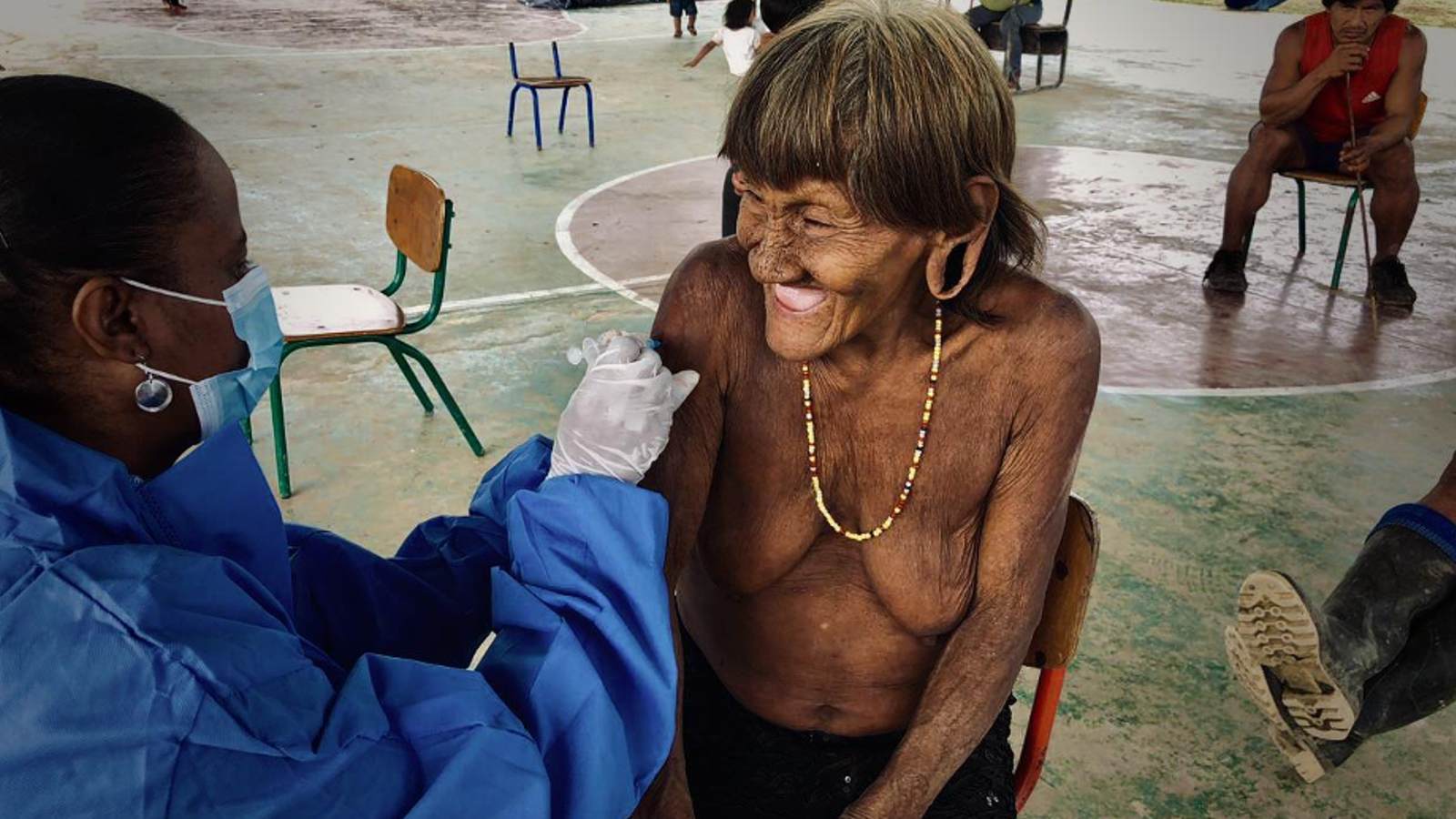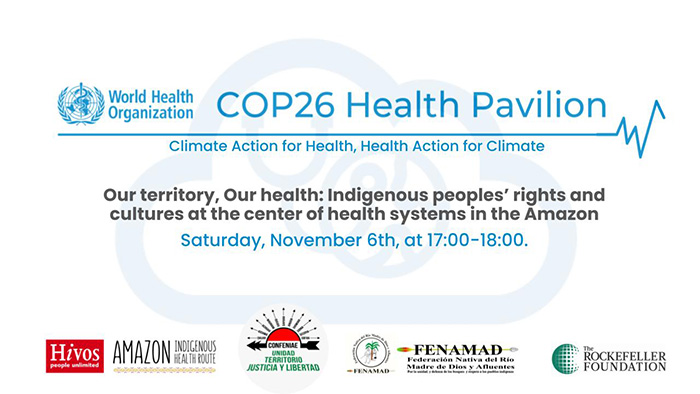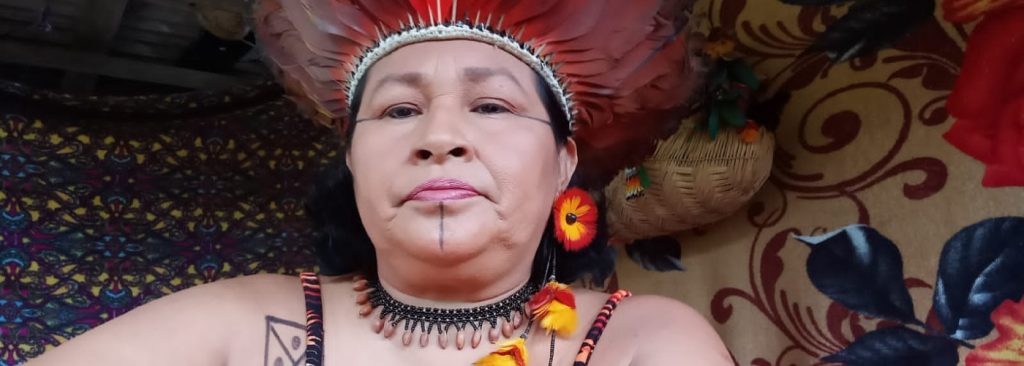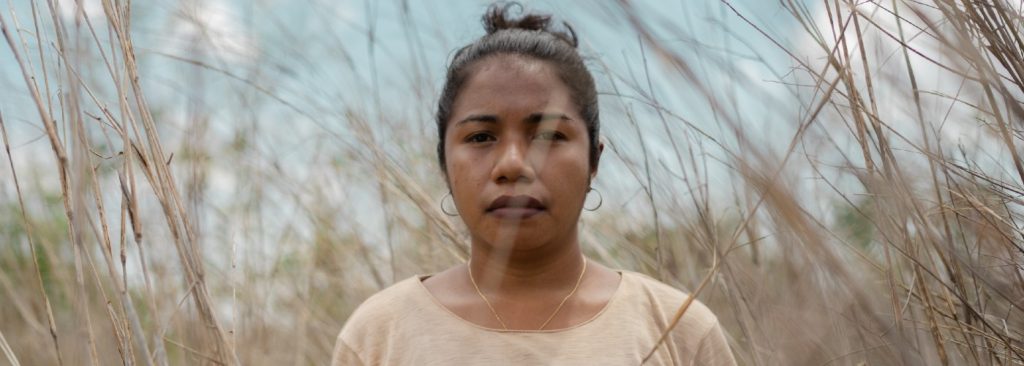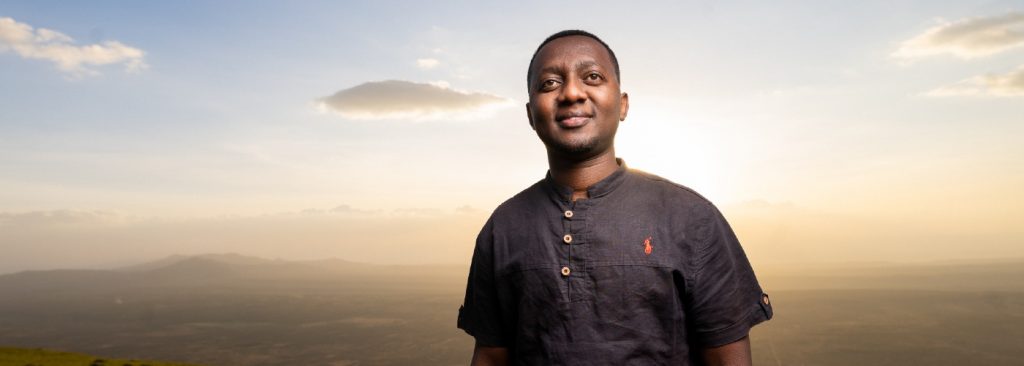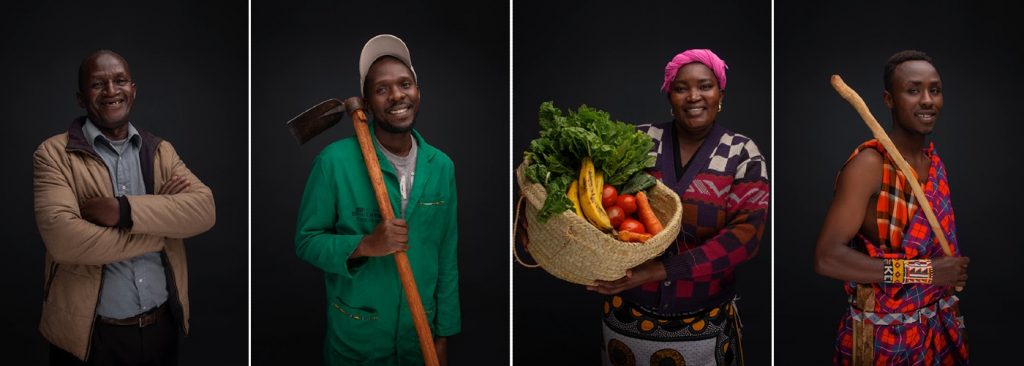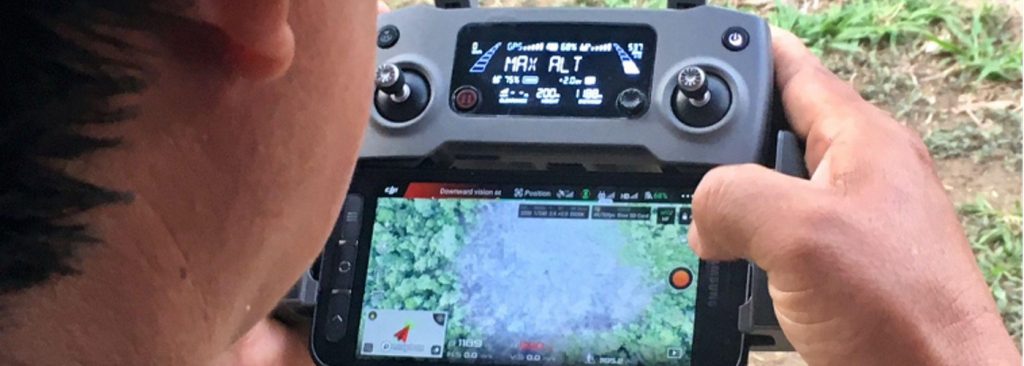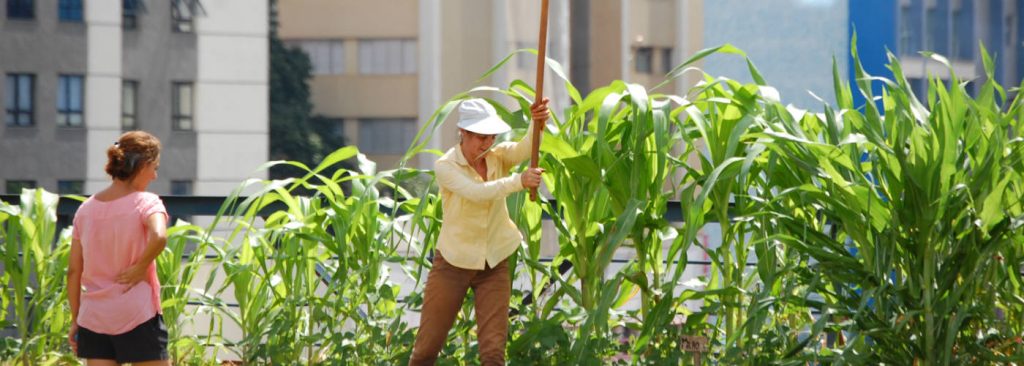Understanding the relationship between planetary and human health to build climate-resilient health systems
By Patricia Granja and Nora Sánchez
If the Covid pandemic has made one thing clear, it is that everything and everyone is connected. Deforestation in the tropics, for instance, has an effect on global public health. Since 70% of emerging infectious diseases originate from wild animals, the closer we get to them, the closer their diseases come to us.
While it may seem obvious that our health, animals’ health, and the planet’s health are interlinked, we’ve missed the connection. But Indigenous people haven’t.
Our territory’s health, our health
When asked about the meaning of health, Indigenous health promoters, health professionals, and leaders say that being healthy is having a territory free from threats, contamination, and interference in their community life. Traditional cultures have a strong belief that Mother Nature and all living creatures, including ourselves, are intimately connected. But it’s not until recently that the rest of us have started to think so, too.
“Territories for Indigenous peoples – that’s home, that’s life.” Alicia Salazar, Alianza Ceibo
‘One Health’ is an approach that recognizes that human health is closely connected to the health of animals and our shared environment. While the idea of “One Health” is not new, it has gained force in recent years. The growing impacts of climate change and environmental degradation have forced us to see the interactions between people, animals, plants, and the Pacha Mama (Mother Nature) in another light.
The climate crisis, deforestation, pollution, unsustainable agricultural practices, and urban development, pose significant threats to human health, the quality of the air we breathe, the food we eat, and the water we drink.
Living in harmony with Nature
The climate and Covid-19 crisis show us why it is imperative to create resilient health systems that incorporate Indigenous peoples’ visions of universe: there is no human health without planetary health.
This means tackling social determinants of health, promoting sustainable development, engaging in multi-sectoral action to create innovative solutions, and placing Indigenous peoples’ and local communities’ human and territorial rights at the center of policy-making. In doing so, we’ll be one step closer to fostering climate-resilient communities and health systems in the face of pandemics, syndemics, and the climate crisis.
Defending Indigenous peoples for the sake of planet Earth
Indigenous peoples and local communities living in the Amazon play a crucial role in protecting the world’s largest rainforest sustainably.
The health of the Amazon directly affects the health of the entire planet. It holds 20% of the planet’s non-frozen fresh water and is a critical buffer against climate change. It is also the greatest repository of biodiversity in the world, holding over 10% of all species of plants and animals on Earth, and home to more than 35 million people, including more than one million Indigenous people, keepers of ancestral cultures, and guardians of the forests.
However, Covid-19 continues to represent a threat to their survival, along with other health problems. The lack of access to culturally-adapted health services and the limited response of governments to the pandemic add to the pressures that Indigenous peoples and local communities and their territories have historically faced. Also, the effects of Covid-19 and its response measures have exacerbated their vulnerabilities to the impacts of deforestation, logging, illegal mining, oil extraction, and the constant violation of their human and territorial rights.
Hivos’ Amazon Indigenous Health Route (AIR) project is a direct response to this complex reality. It works on strengthening the capacities of people, and especially of community health promotors, to reduce inequities and address social determinants of health. The project aims to generate climate-resilient health systems in the Amazon region of Ecuador, Peru and Brazil, through intercultural knowledge dialogues and deeply collaborative work with Indigenous organizations (CONFENIAE in Ecuador, FENAMAD in Peru, and CTI in Brazil) and the local and national public health systems of the three countries.
“No one is safe until everyone is safe”
While Dr. Tedros, WHO Director-General, said this about the need to ensure access to the Covid-19 vaccine globally, it fully applies to other threats we are facing like global warming, or other potential health crises we could face brought by global temperature increases.
Now is the time for bottom-up changes. “We must do all we can to aid the transition to a more sustainable, fair, resilient, and healthy world,” as the September editorial of the New England Journal of Medicine read.
During COP26, Hivos and our AIR partners will lay out the urgent need to put the rights and cultures of Indigenous peoples at the center of the climate debate to ensure healthier communities, safeguard ancestral knowledge, and guarantee the future of the lungs of the planet: the Amazon.
Learn more 
Follow our side event “Our territory, Our health: Indigenous peoples’ rights and cultures at the center of health systems in the Amazon” You can also access AIR resources and tools or watch the video below:

